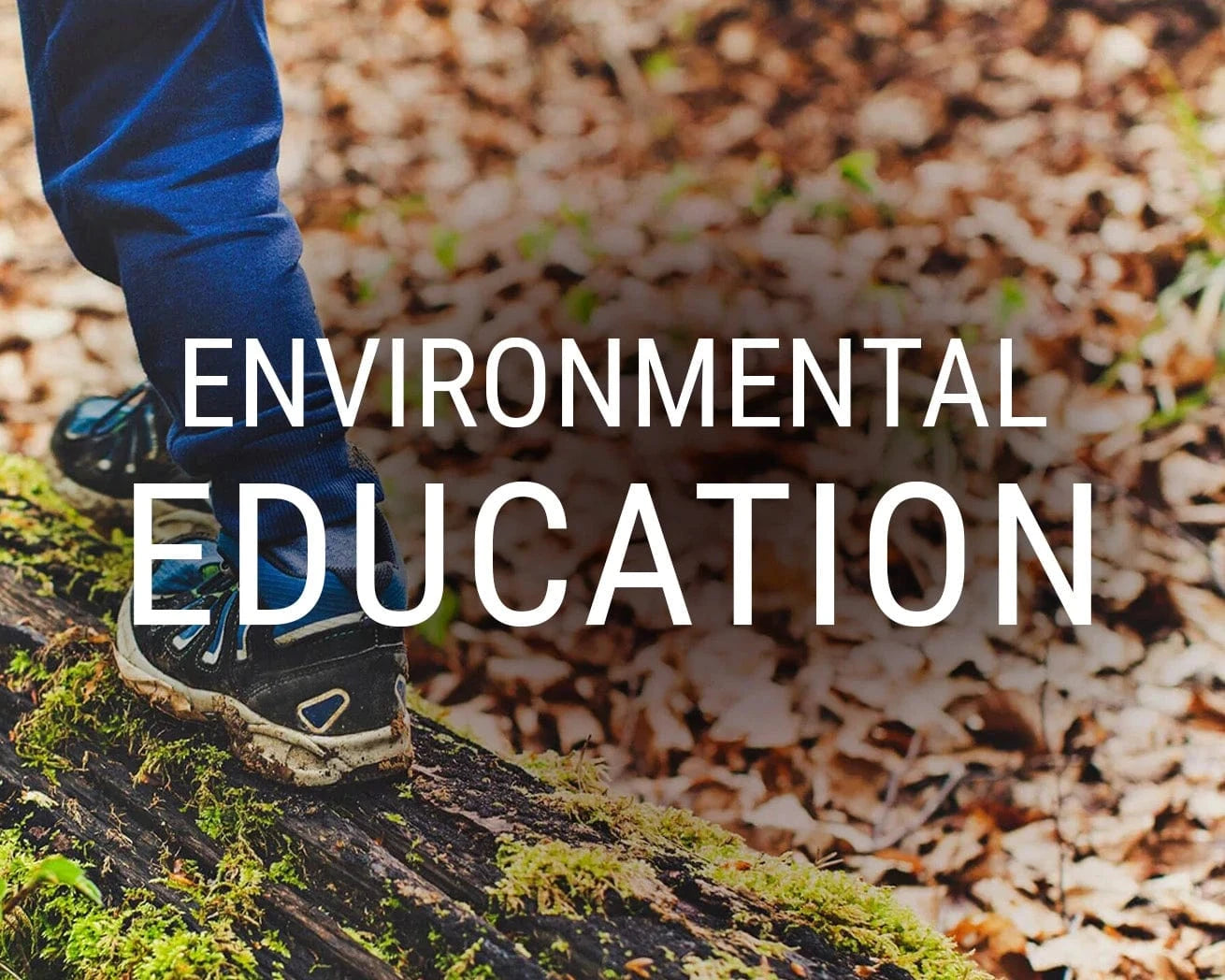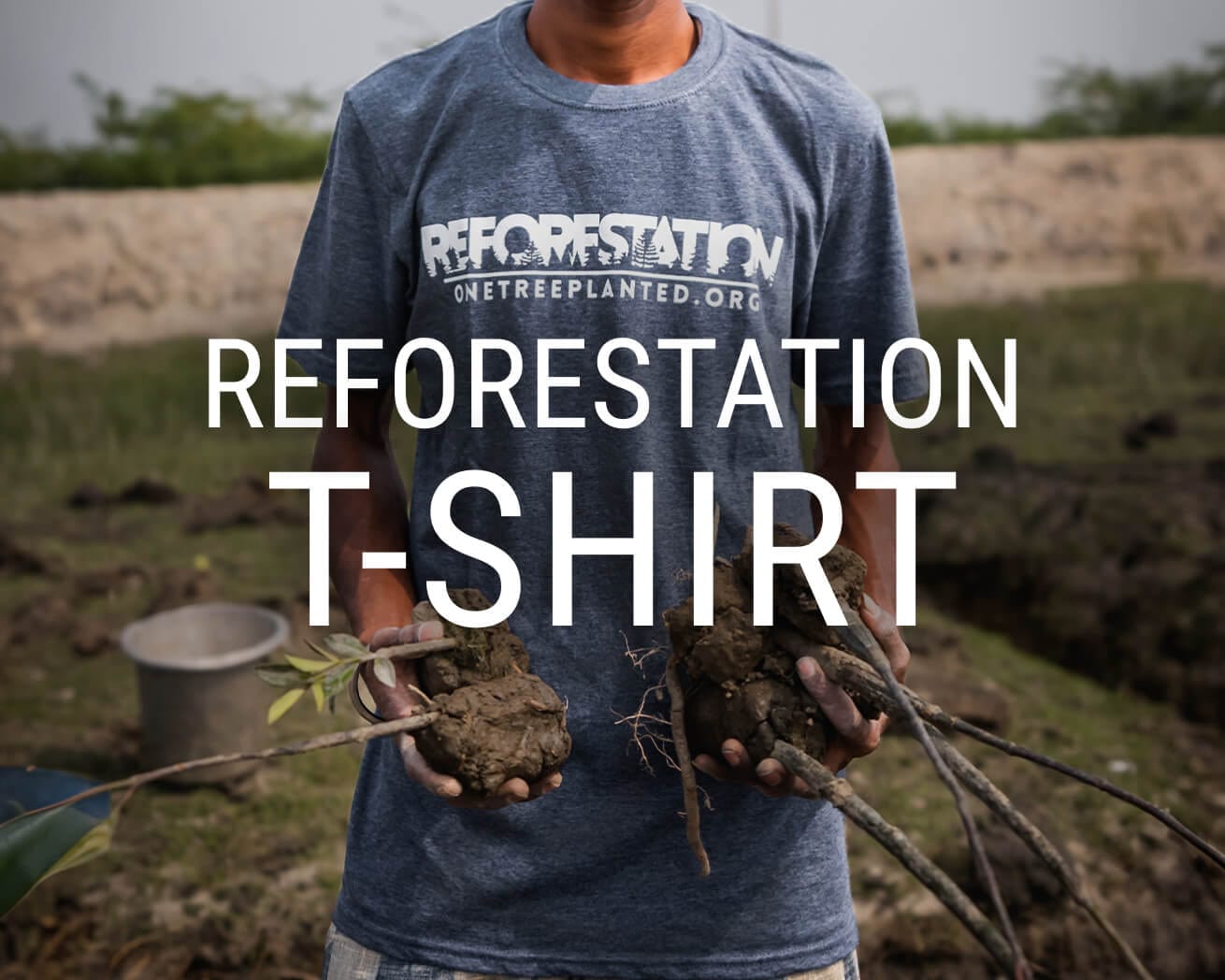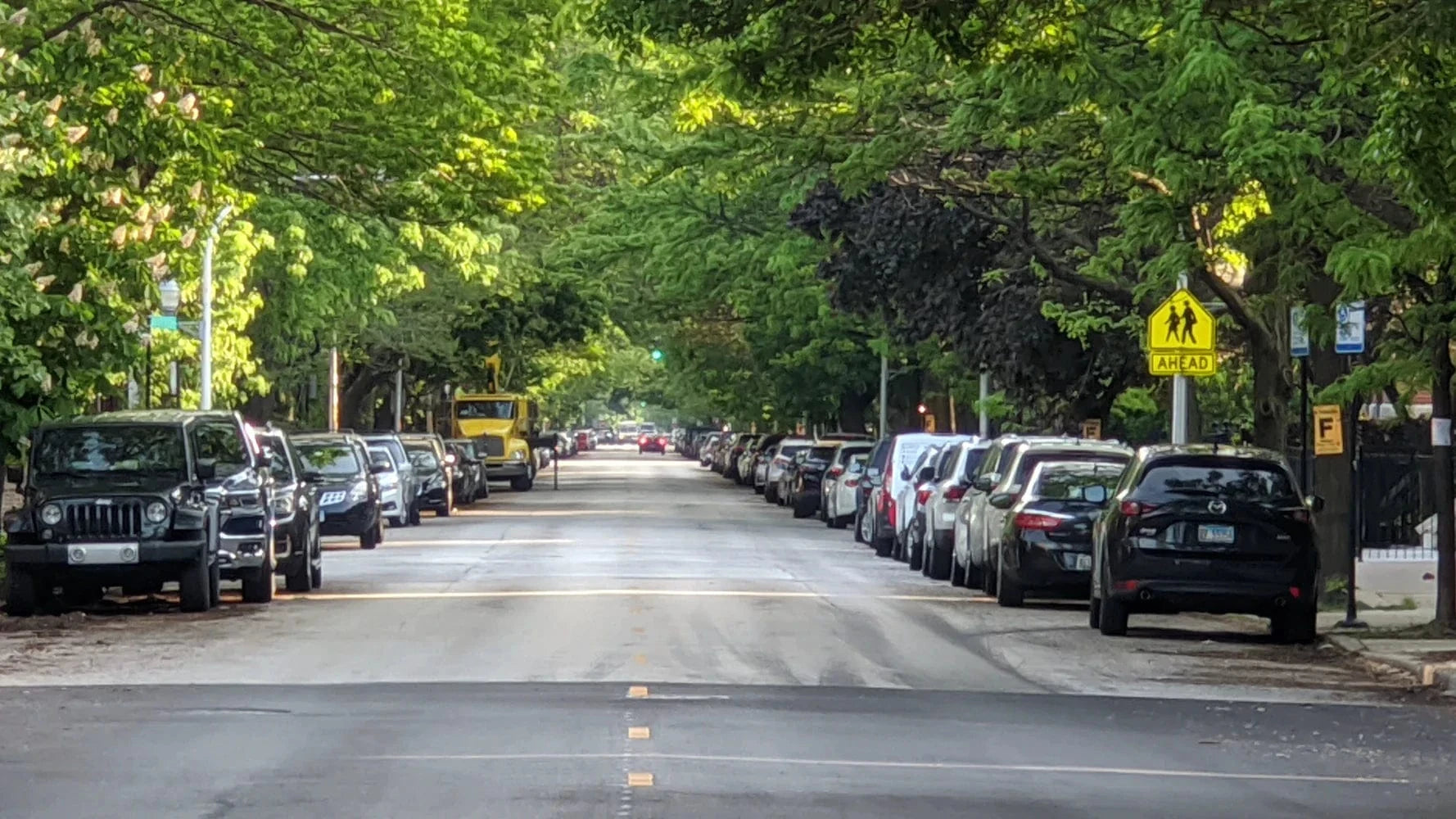Plant Trees

Happy Earth Month! Be the Change: Plant trees
About
Stay up to date on major announcements, exciting collaborations, and more.Visit our Newsroom
We make it simple for anyone to plant trees, and together we can make an incredible impact. Learn more

Stay up to date on major announcements, exciting collaborations, and more.Visit our Newsroom

We make it simple for anyone to plant trees, and together we can make an incredible impact. Learn more
Get Involved
Become a business partner to improve your company’s sustainability initiatives and make an impact. Learn more
See how your support and leadership can help us fund reforestation efforts across the globe. Learn more

Become a business partner to improve your company’s sustainability initiatives and make an impact. Learn more

See how your support and leadership can help us fund reforestation efforts across the globe. Learn more
Learn
Read about stories from the field, interesting facts about trees and get your healthy dose of nature. Visit our blog
Comprised of lesson plans, learning modules, resources, and activities, our T.R.E.E.S. School Program is the perfect addition to your curriculum. Learn more

Read about stories from the field, interesting facts about trees and get your healthy dose of nature. Visit our blog

Comprised of lesson plans, learning modules, resources, and activities, our T.R.E.E.S. School Program is the perfect addition to your curriculum. Learn more
Shop
Our fan-favorite Reforestation T-Shirt. Wear it with pride to show your support of reforesting our planet, one tree at a time. Shop now
Give the gift that lasts a lifetime! Choose an image, write your personalized message and select a delivery date to gift a tree. Gift a tree

Our fan-favorite Reforestation T-Shirt. Wear it with pride to show your support of reforesting our planet, one tree at a time. Shop now

Give the gift that lasts a lifetime! Choose an image, write your personalized message and select a delivery date to gift a tree. Gift a tree
Get Involved
Plant Trees
Get news, updates, & event Info delivered right to your inbox:
Why Planting Trees Helps to Reduce Your Carbon Footprint
There are many ways you can reduce the size of your carbon footprint: bike to work, adopt a sustainable diet, turn down your thermostat, recycle. All of which are great. But there is one way to reduce your emissions and also make your property and community more beautiful, improve water quality, and provide numerous economic and social benefits...planting trees!
Wondering how? Here are just a few ways in which trees can help to flatten carbon emissions:

1. Trees Absorb Carbon
Every living thing on Earth is made up of four basic elements: carbon, hydrogen, oxygen and nitrogen. Those four elements make up about 96% of your body, and most of a tree's roots, trunk, branches, and leaves.
While we humans get most of our carbon from food, trees breathe it in (just like we breathe in oxygen). But when a tree breathes, it inhales carbon dioxide and exhales oxygen — the exact opposite of humans. And as a tree matures, it can consume 22lbs of carbon dioxide per year(among other greenhouse gases like ozone), and release enough oxygen for you to breathe for 2 years!
Trees remove carbon dioxide from the atmosphere and release oxygen in its stead also helps limit global warming,providing for a cleaner, healthier climate.
By planting trees, you can help clean the air and fight climate change!

2. Trees Help to Save Energy
Trees are important in helping to save energy by providing shadein urban environments, as they can lower temperatures in cities. According the to EPA, the shade from trees, in combination with the water vapor they release, can reduce peak temperaturesby as much as 20–45°F (11–25°C) compared to unshaded areas.
And when shade is cast onto an office building or home, internal temperatures can drop 8–10°F. Some estimates say the shade from a single tree can save the same amount of energy it takes to power 10 room-sized air conditioners for 20 hours a day!
And a tree's energy saving abilities don't stop during the winter. Trees provide important windbreaks around buildings to reduce heat loss by as much as 50%, lowering heating costs and energy consumption — and saving you money!
This reduction in energy goes a long way when it comes to shrinking your carbon footprint, because over 1/3 of U.S. carbon emissions are caused by the production of electricity.

3. Benefits of Trees: Beyond Carbon Offsets
Helping to reduce and offset carbon emissions is only one aspect of how trees help improve our lives. Some of the other benefits of trees are:
- Trees can absorb and retain water. As rainwater falls, much of it gets picked up by trees, preventing it from overwhelming storm drains. On average, a mature tree in a city can absorb up to 1,000 gallons of rainfall every year that would otherwise need to be pumped and filtered. In New York City, urban trees help retain nearly 900 million gallons of rainwater annually, saving the city more than $35 million dollars in stormwater management costs.
- Trees also provide social and economic, such as creating jobs and helping to raise people out of poverty and achieve sustainable development, which ultimately improves our environment.
- Trees also provide health benefits, providing medicine and helping clean air.
If you want to learn more about the benefits of trees, checkout our Six Pillars on why trees are important.
Plant One Tree Today
If you're looking to reduce your carbon footprint and give back to the planet, trees are one of the most effective and personally beneficial ways to do it. A nicer home, a better environment, and more money in your wallet.
Those are some pretty good reasons to plant a tree.
Know Your Carbon Emissions
Want more facts about your carbon footprint?
Download the poster below and discover where your carbon emissions are coming from!
Get news, updates, & event Info delivered right to your inbox:
Related Posts
Planting Trees in Mexico for Monarch Butterfly Habitat
18/04/2024 by Meaghan Weeden
Everything You Need to Know About Photosynthesis
16/04/2024 by Gabrielle Clawson
Among Climate Change Solutions, Where Does Reforestation Fit?
11/04/2024 by Meaghan Weeden
Popular On One Tree Planted
5 Causes of Deforestation
15/02/2024 by Meaghan Weeden
Inspirational Quotes About Trees
23/01/2024 by Meaghan Weeden
How to Reduce Waste: 21 Ideas for Zero Waste Living
16/01/2024 by Meaghan Weeden





